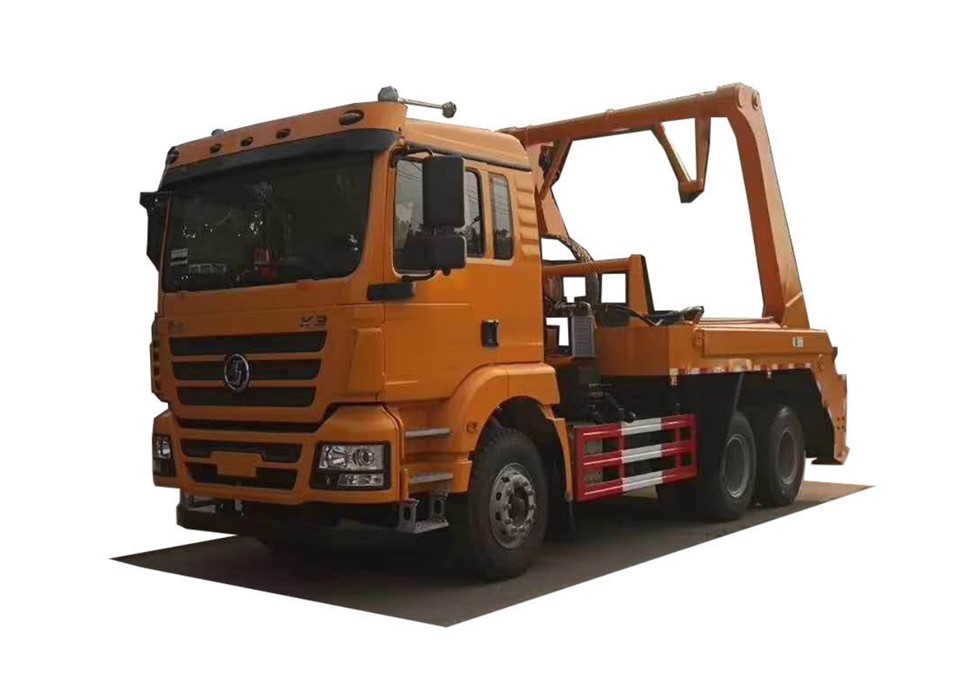When it comes to traveling, camping, or moving goods, lightweight trailers have become an essential tool for many outdoor enthusiasts and practical users alike. These versatile vehicles not only provide the necessary space for your gear but also improve efficiency in towing. In this article, we will explore everything you need to know about lightweight trailers, including their types, advantages, key features, and practical tips for choosing and using them.
Table of Contents
- What Are Lightweight Trailers?
- Benefits of Lightweight Trailers
- Types of Lightweight Trailers
- Key Features to Consider
- Trailer Weight Capacity
- Choosing the Right Lightweight Trailer
- Maintenance Tips for Lightweight Trailers
- Safety Tips When Towing Lightweight Trailers
- Frequently Asked Questions
What Are Lightweight Trailers?
Lightweight trailers are vehicles designed to be towed by cars, SUVs, or light trucks that offer enhanced maneuverability and fuel efficiency. Typically weighing between 1,000 and 3,500 pounds, these trailers provide a range of benefits, catering to various needs from recreational use to commercial applications. Their lighter weight allows for easier handling, better fuel economy during towing, and the ability to be towed by a wider array of vehicles.
Benefits of Lightweight Trailers
Lightweight trailers boast several advantages that make them appealing for a broad audience:
- Fuel Efficiency: They consume less fuel when being towed compared to heavier trailers.
- Easier Maneuverability: Lighter trailers are easier to navigate and park, especially in tight spaces.
- Wide Compatibility: Many lightweight trailers can be towed by smaller vehicles, making them accessible for more people.
- Cost-Effective: They are generally more affordable than heavier options, making them suitable for budget-conscious buyers.
- Versatility: Available in various styles, these trailers can accommodate different uses, from camping to transporting goods.
Types of Lightweight Trailers
Travel Trailers
Travel trailers are designed primarily for recreational use. They are equipped with living amenities like beds, kitchens, and bathrooms, making them ideal for camping trips.
Utility Trailers
Utility trailers are primarily used for transporting goods, tools, or equipment. They typically lack residential features but can be customized with racks and tie-downs for various purposes.
Pop-Up Trailers
Pop-up trailers are a hybrid between a tent and a travel trailer. They are compact when stored but can expand to provide sleeping space, making them an excellent choice for families on the go.
Key Features to Consider
When selecting a lightweight trailer, certain features can enhance your experience:
| Feature | Description |
|---|---|
| Weight | Choose a trailer weight compatible with your towing vehicle. |
| Size | Consider the interior and storage capacity based on your specific needs. |
| Material | Look for lightweight materials, like aluminum or fiberglass, for better fuel efficiency. |
| Storage | Ensure there’s adequate space for gear and personal items. |
| Features | Additional amenities, like cooking facilities or air conditioning, may be beneficial. |
Trailer Weight Capacity
Understanding your trailer’s weight capacity is crucial for safe towing. Exceeding this capacity can lead to dangerous situations on the road. Most lightweight trailers have a Gross Vehicle Weight Rating (GVWR), which indicates the maximum weight they can safely carry. Always check the manufacturer’s specifications and ensure your towing vehicle can handle the total weight, including cargo.
Choosing the Right Lightweight Trailer
Selecting the right lightweight trailer involves considering various factors:
Assessing Your Needs
Identify what you plan to use the trailer for. Will it be for weekend camping trips, moving furniture, or recreational activities? By understanding your primary use, you can narrow down the options that suit your lifestyle.
Evaluating Your Vehicle
Before purchasing a lightweight trailer, evaluate the towing capacity of your vehicle. This information can usually be found in the owner’s manual. Make sure that your vehicle can safely tow your chosen trailer while accommodating additional gear and passengers.
Maintenance Tips for Lightweight Trailers
Regular maintenance prolongs the life of your trailer and ensures safety. Consider these key maintenance tips:
- Tire Checks: Regularly inspect and maintain tire pressure to avoid blowouts.
- Brakes: Test the brakes frequently; ensure they are functioning correctly.
- Sealing: Check seals and caulking for leaks, particularly around windows and doors.
- Axles: Lubricate axles and inspect wheel bearings regularly for wear and tear.
Safety Tips When Towing Lightweight Trailers
Safety is paramount when towing a trailer. Follow these tips to ensure a secure towing experience:
- Check Weight Distribution: Ensure that your trailer’s load is evenly distributed to enhance stability.
- Use Proper Attachments: Always use a reliable hitch and safety chains to secure the trailer to your vehicle.
- Regularly Inspect: Inspect brakes, lights, and turn signals to ensure they are in working order.
- Practice Maneuvering: Become familiar with towing, including turning, reversing, and stopping.
Frequently Asked Questions
1. What is the typical weight range for lightweight trailers?
Lightweight trailers typically weigh between 1,000 and 3,500 pounds, making them manageable for a variety of vehicles.
2. Can I tow a lightweight trailer with a sedan?
Yes, many sedans can tow lightweight trailers, but be sure to check the vehicle’s towing capacity first.
3. Are lightweight trailers suitable for full-time living?
While some lightweight trailers have amenities for extended stays, they may not be suitable for full-time living due to space and feature limitations.
4. What types of vehicles can tow lightweight trailers?
Most lightweight trailers can be towed by small cars, SUVs, or light trucks, depending on their towing capacity.
5. How do I secure my cargo inside a lightweight trailer?
Utilize tie-downs, nets, or straps to secure cargo, ensuring it remains stable and does not shift during towing.
6. What kind of maintenance do lightweight trailers require?
Regular tire checks, brake inspections, wheel lubrication, and overall structural inspections are essential for maintaining a lightweight trailer.





